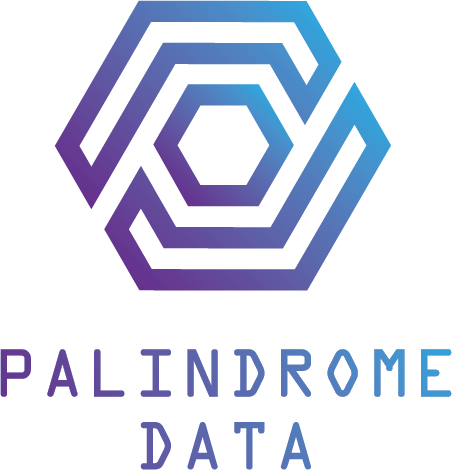Reducing HIV Treatment Interruptions in Nigeria with AI-Powered Risk Scoring
In collaboration with Jhpiego and USAID, Palindrome Data deployed Lesedi AI in 30 healthcare facilities across Taraba and Kwara states, Nigeria. The initiative focused on reducing Interruption in Treatment (IIT) rates through AI-driven risk scoring and predictive analytics.
- 4x reduction in IIT rates compared to control sites.
- 76% increase in time spent on high-risk patients by case managers.
- Improved treatment retention and viral load suppression rates.
Challenge:
HIV care providers struggled to identify patients at risk of treatment interruption before it happened. Traditional methods were reactive, leading to delayed interventions and higher dropout rates.
Solution:
By integrating Lesedi AI risk scoring, healthcare workers were able to proactively prioritize high-risk patients, ensuring timely follow-ups and tailored support.
“Lesedi AI helped us focus on the patients who needed us the most—before they were lost to follow-up.”
— Case Manager, Nigeria
Enhancing HIV Care in South Africa with AI-Driven Prioritization
In partnership with Aurum Institute, Palindrome Data deployed Lesedi AI across 15 high-volume HIV treatment sites, serving 26,000+ patients. The initiative aimed to reduce treatment interruptions and optimize differentiated care models.
- 30% increase in case manager efficiency with AI-driven patient prioritization.
- Significant improvement in adherence counseling effectiveness.
- Better resource allocation for high-risk patient groups.
Challenge:
HIV programs in South Africa face high patient volumes, making manual prioritization inefficient. This often leads to underserved high-risk patients.
Solution:
Lesedi AI provided data-backed recommendations, helping case managers prioritize at-risk patients for timely interventions.
Finding High-Risk Communities Before Disease Progression
Lesedi AI is being used to identify communities with high AHD prevalence, enabling earlier intervention and better resource allocation.
- AI-driven models predict AHD risk at the community level.
- Data helps governments and NGOs allocate funding and healthcare workers more efficiently.
- Early detection reduces hospitalizations and improves patient survival rates.
Using AI to Predict Maternal Health Risks in Tajikistan
Palindrome Data collaborated with Abt Associates on an AI-powered maternal health initiative in Tajikistan, aimed at predicting and preventing pregnancy-related complications.
- AI models successfully predicted preeclampsia risk based on patient data.
- Climate-related factors were linked to maternal health outcomes.
- Improved early warning systems led to better patient management.
Personalizing HIV Care with AI-Driven Differentiated Service Delivery (DSD)
Lesedi AI supports tailored HIV care plans by predicting which interventions work best for different patient groups.
- Improved efficiency of multi-month dispensing (MMD) strategies.
- Enhanced patient retention for stable and high-risk patients.
- DSD models optimized with real-time AI insights.

